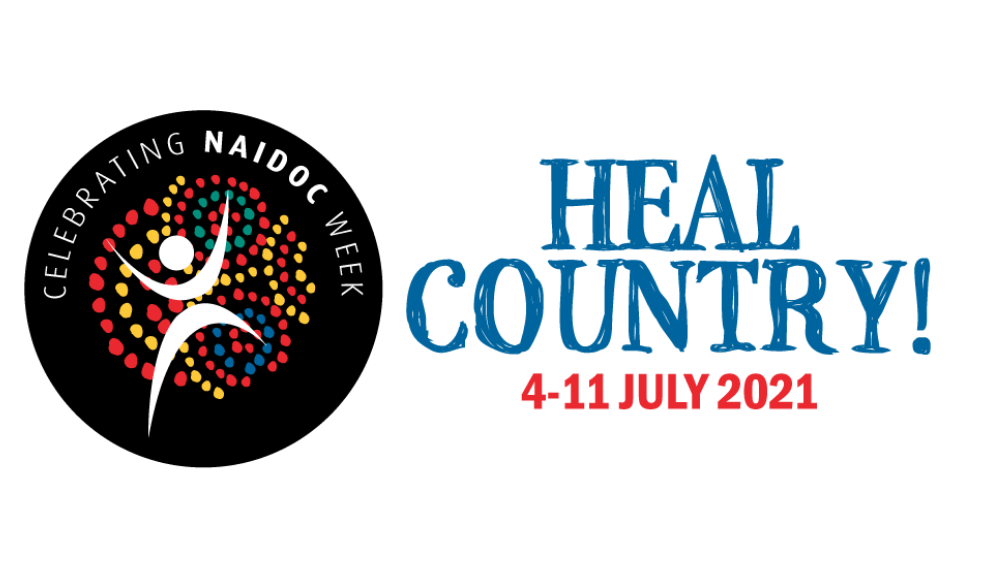NAIDOC Week: From Church Day of Mourning to national week of celebration
NAIDOC Week began on July 4, Australia’s annual celebration of the history, culture and achievements of Aboriginal and Torres Strait Islander peoples.
How did we get to NAIDOC Week?
The National Aborigines Day Observance Committee (NADOC) was established in 1959. In 1991, it became the National Aborigines and Islanders Day Observance Committee (NAIDOC), to recognise the inclusion of Torres Strait Islander people, who had a distinct and different cultural history to Aboriginal peoples.
The ‘Day” this committee was established to organise has roots extending back to 1937. Then, Aboriginal justice activist William Cooper began preparing for an Aboriginal Day of Mourning for Australia Day, 1938.
On 27 December 1937, Cooper wrote a letter to Aboriginal communities and churches on behalf of the Australian Aborigines Progressive Association (AAPA), an umbrella group for several Aboriginal justice movements that had the support of a wide circle of Indigenous leaders.
Cooper’s letter read,
“The Australian Aborigines’ Progressive Association (AAPA) of New South Wales has called on all aborigines in the advanced stages of civilisation and culture to observe a DAY OF MOURNING concurrently with the white man’s DAY OF REJOICING to celebrate the 150th year of the coming of the white man to Australia. The aborigines, by this means, hope to call the attention to the present deplorable condition of all aborigines, of whatever stage of culture, after 150 years of British rule. It is expected that such action will create such sympathy on the part of the whites that full justice and recompense will follow.
“We know that sympathy with the aborigines is widespread and growing …” – William Cooper
The “DAY OF MOURNING” has been endorsed by the Australian Aborigines’ League, the Victorian body, which also looks after Federal matters, and it is expected that meetings will be held at a number of places and suitable resolutions passed. This League now asks the Christian community to help us in another way.
We know that sympathy with the aborigines is widespread and growing and, because the aboriginal knows that the goodwill of the whiteman is essential to success they seek to justify the continuance of this sympathy. We now ask all Christian denominations to observe Sunday, 3rd January as ABORIGINES’ DAY. We request that sermons be preached on this day dealing with the aboriginal people and their need of the gospel and response to it and we ask that special prayer be invoked for all missionary and other effort for the uplift of the dark people.
We regret the unavoidable delay in submitting our request, which was not avoidable in all the circumstances, but we feel that a suitable notice from you in your church press will give that wide publicity that is so essential.
Very sincerely yours,
W. Cooper.
The AAPA’s 1938 Day of Mourning began a national conversation and sparked a tradition in churches. More joined each year and many still observe the date today.
By 1957, the leaders of the movement decided to change the date from January to July, two years before the NADOC committee was formed.
In 1975, it was decided that the following year, NADOC Day should go from being a day of remembrance held on the first Sunday in July to a week-long celebration, going until the second Sunday in July.
NAIDOC 2021’s theme: ‘Heal Country’
Every year, NAIDOC Week celebrations are given a key theme. This year’s theme is “Heal Country!” – and it calls for all Australians to continue to seek greater protections for Indigenous lands, waters, sacred sites and cultural heritage, from exploitation, desecration, and destruction.
“Country … is more than a place and inherent to our identity,” NAIDOC’s website explains. “Country that we speak about like a person, sustaining our lives in every aspect – spiritually, physically, emotionally, socially, and culturally.”
“NAIDOC 2021 invites the nation to embrace First Nations’ cultural knowledge and understanding of Country as part of Australia’s national heritage and equally respect the culture and values of Aboriginal peoples and Torres Strait Islanders, as they do the cultures and values of all Australians.
“For generations we have been calling for stronger measures to recognise, protect, and maintain all aspects of our culture and heritage. We are still waiting for those robust protections.”
NAIDOC’s organising committee says this year’s theme “also seeks substantive institutional, structural, and collaborative reform”, which is “something generations of Aboriginal and Torres Strait Islander Elders and communities have been advocating, marching and fighting for.”
“Healing Country means finally resolving many of the outstanding injustices which impact on the lives of our people. It is about hearing and actioning the aspirations of Aboriginal and Torres Strait Islander peoples which are the culmination of generations of consultation and discussions among our nations on a range of issues and grievances,” they write.
Get involved with NAIDOC Week
Wondering how you can take part in NAIDOC Week’s festivities?
Head to the website to learn more and to the calendar of events to find out what’s happening in your local area.




